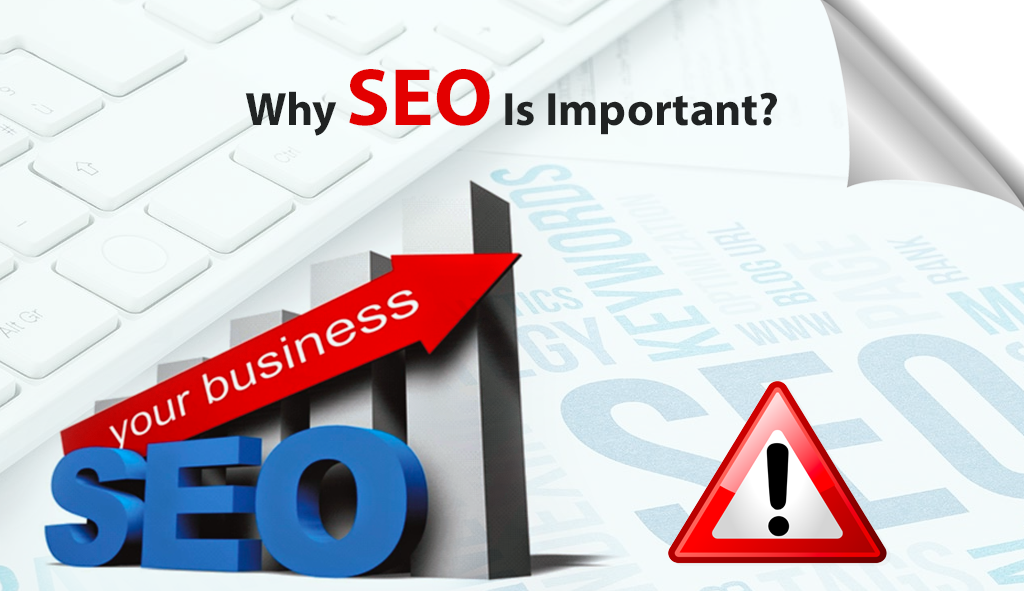Before understanding why SEO is important, or why search is important, you need to step back and understand why people search.
Why People Search?
In the early days, people used to search to find a list of documents that contained the words they typed in. But now things have changed. Today people search to find solutions, to accomplish tasks and to ‘do’ something else. You can search to book a flight or want to learn the latest song by a popular singer. When a person starts a search, they start a journey. In marketers’ language, it’s known as ‘consumer journey’. It captures the journey of a buyer from inception to completion. And most of the journey starts with search. Over the last decade, the consumer journey is playing a larger role in search.
Evolution of Search and Consumer Journey
The modern consumer journey no longer get represented by a funnel, but it more looks like a crazy straw partnered with various twists and turns representing various channels, mediums, and devices that users interact in today’s time. Search has evolved from simple words on the page to understand the intent of the users on each phase of the journey. Search is no longer about keywords. It has evolved from providing the right content to the right user at the right time to accomplish their task. For users, it’s all about verbs. And for search marketers, it’s all about their journey. Sticking to the crazy straw model, today’s consumer journey happens using multiple devices. You may search for the product on mobile devices and use work laptop to study about it and finally buys the product using a desktop at home. Search isn’t just limited to computers or smartphones. Users can search from a variety of devices that includes watches, smart glasses, Bluetooth speaker assistants, and even kitchen appliances. In today’s world, in which a fridge has a twitter account and search marketers need to know about how various devices relate to each other and play a part in the user’s search experience. In a hyper-connected world, SEO has become “real marketing.” The days of hacks, tricks, and attempt to reverse-engineer algorithms are gone. Today’s SEO focuses on:
- Understanding personas.
- Data-driven insights.
- Content strategy.
- Technical problem-solving.
3 Main Aspects of Any Marketing Strategy or Campaign
Search touches mainly 3 areas, these are:
i) Attract
ii) Engage
iii) Convert
However, search mainly focuses on the first phase “Attract”. It is no longer feasible to just have an awesome product. You should actively attract customers via multiple channels and outlets. Despite some contraries from clients or design agencies, every webpage is an SEO page. If you’re using the webpage to attract visitors, engage visitors, or to convert them, there should be an important SEO component to that page.
SEO has come a long way from the days of Metadata. You also need to remember that today’s websites are more application than they are just a website. Web applications come with lots of fancy features that don’t always play nicely with search engines (hi again, angular and react.)
Good SEO
A good SEO today not only focuses on content but also helps:
- To navigate through multiple versions of the same page
- Solve issues related to tech that render content invisible to search engines
- To ensure proper server settings
- To integrate with social media, content, creative, user experience, paid search, or analytics
- To find avenues to speed up your site
As a good SEO professional, you have to understand searcher as well as competitive landscape. It isn’t enough to understand the user’s task, as a search marketer you also need to understand what options the marketplace offers and how they fill the gaps.
Suppose the article is about the best hotel management college in Kolkata then surely you have to maintain the focus keyword density.
As an SEO professional, you’ve to wear multiple hats as they help connect development, information architecture, user experience, content strategy, marketing, social, and paid media teams. Search marketers around the globe, in an attempt to create that works for search engine and users.
Conclusion
Search matters because of users matters. The continuous evolvement of technology puts SEO to deal with new ways of searching, new devices to search on, and new types of searches (voice search) but one thing remains constant is why people search. The search isn’t going away.



